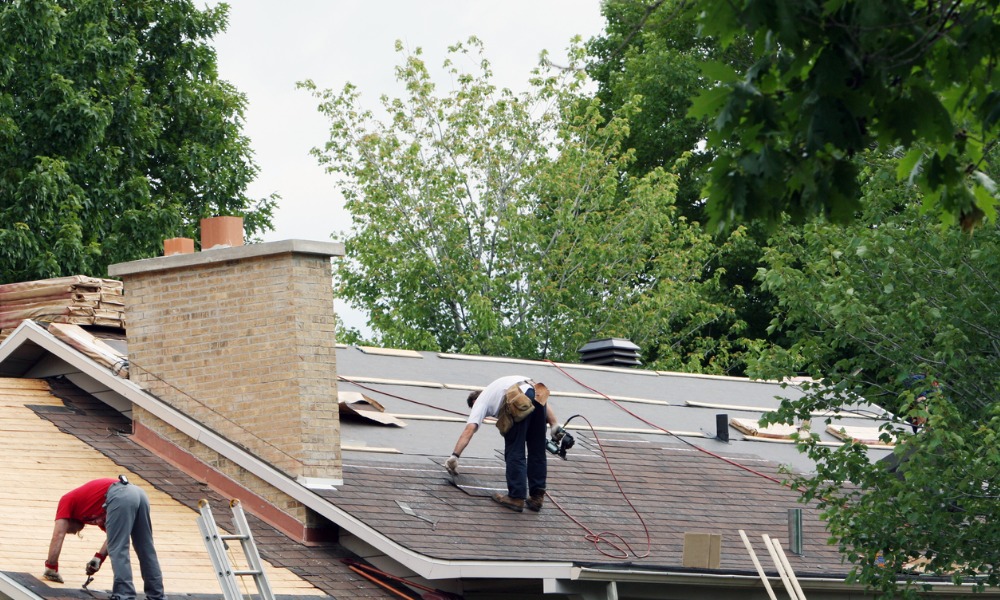The case involves an alleged breach of contract between a roofing company and a homeowner

In a recent ruling, the Ontario Superior Court of Justice addressed a series of procedural issues involving a roofing company and a homeowner in a property damage claim.
The dispute in MacLeod v. Accell Roofing Inc., 2024 ONSC 611 centred on allegations of poor workmanship by the defendant Accell Roofing, which allegedly led to significant water damage to the plaintiff's home in November 2018. The homeowner, seeking over $250,000 in damages, has accused the defendant of negligence, breach of contract, and other claims.
The court heard motions from both parties related to refusals and undertakings arising from examinations for discovery. The court noted that the proceedings have been marred by “personal acrimony, recrimination, and procedural delays.” This prompted the court to comment on the parties' conduct and the impact on the case's progress.
The plaintiff argued that Accell Roofing failed to follow standard practice by not sending a correspondence outlining outstanding undertakings and refusals before proceeding with the motion. The court noted that while the Rules of Civil Procedure do not mandate such correspondence, it is a common practice that could have avoided the need for a motion.
The Ontario Superior Court of Justice also addressed allegations from the plaintiff that the defendant committed fraud upon the court by filing a motion confirmation without attempting to confer with counsel. The court dismissed this characterization as an overstatement but emphasized the importance of adhering to procedural rules.
The court granted Accell Roofing's motion on several refusals, ordering the plaintiff to provide additional information, including the declaration page of her homeowner’s insurance policy and to answer questions related to the extent of her son's involvement and witness to the damage, among others. The court found these inquiries relevant to the case, particularly in assessing damages and understanding the circumstances of the property damage.
Conversely, the court dismissed the plaintiff’s motion to produce Accell Roofing's corporate tax returns, agreeing with the defendant that this information was irrelevant to the case. The court's decision underscored the necessity of relevance in discovery requests.
With the court's decision to grant and dismiss specific motions, the parties are expected to proceed with further examinations for discovery in line with the court's orders.










